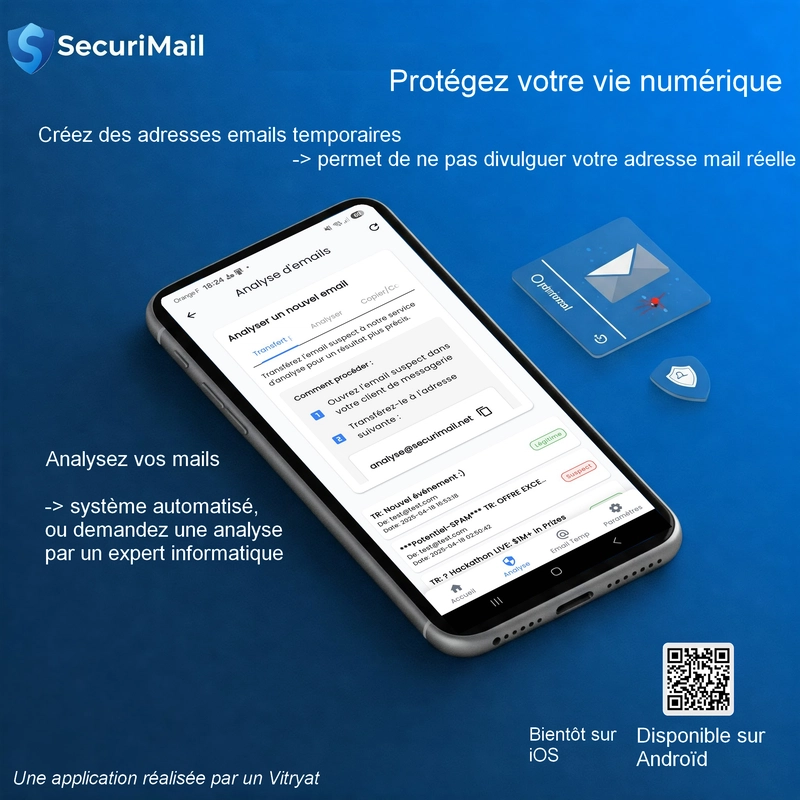Unlock the full potential of your Flutter applications by integrating powerful C++ functionalities. This guide will walk you through the process of using Dynamic Link Libraries (DLLs) to enhance your Dart code. Let's dive in! 🌊
Prerequisites 🛠️
- Flutter Setup: Ensure Flutter is installed and configured on your system.
- C++ Compiler: Install MinGW or Visual Studio for compiling the DLL.
-
Dart FFI: Familiarity with the
dart:ffipackage is helpful but not required.
Step 1: Create the C++ DLL
Here is a simple C++ example with two functions: one to add two integers and another to concatenate two strings.
example_code.h:
#ifndef DATAPROCESSOR_H
#define DATAPROCESSOR_H
#include
extern "C" __declspec(dllexport) int add(int a, int b);
extern "C" __declspec(dllexport) const char* concatenateStrings(const char* str1, const char* str2);
extern "C" __declspec(dllexport) void freeString(void* str);
#endifStep 2: Write Your C++ Code 💻
Create a C++ file (example_code.cpp) with the following content:
#include "example_code.h"
#include
#include
extern "C" __declspec(dllexport) int add(int a, int b) {
return a + b;
}
extern "C" __declspec(dllexport) const char* concatenateStrings(const char* str1, const char* str2) {
std::string result = std::string(str1) + std::string(str2);
char* concatenated = new char[result.size() + 1];
strcpy(concatenated, result.c_str());
return concatenated;
}
extern "C" __declspec(dllexport) void freeString(void* str) {
delete[] static_cast<char*>(str);
}Compile the DLL
Run the following command in your terminal to compile the DLL:
cl /I . /LD example_code.cpp /Fe:example_code.dll /EHsc /std:c++17This will generate example_code.dll in your current directory.
Step 3: Integrate C++ with Dart 🧩
-
Create a Dart File: In your Dart project, create a file named
example.dart. -
Add FFI Dependency: Open
pubspec.yamland add theffipackage:
dependencies: ffi: ^1.1.2 Write Dart Code: Use the following Dart code to call the C++ functions:
example.dart:
import 'dart:ffi';
import 'package:ffi/ffi.dart';
// Define function signatures
typedef AddC = Int32 Function(Int32 a, Int32 b);
typedef AddDart = int Function(int a, int b);
typedef ConcatC = Pointer<Utf8> Function(Pointer<Utf8> str1, Pointer<Utf8> str2);
typedef ConcatDart = Pointer<Utf8> Function(Pointer<Utf8> str1, Pointer<Utf8> str2);
typedef FreeC = Void Function(Pointer<Utf8> str);
typedef FreeDart = void Function(Pointer<Utf8> str);
class MyLibrary {
final DynamicLibrary _dll;
MyLibrary(this._dll);
int add(int a, int b) {
final AddDart add = _dll.lookupFunction<AddC, AddDart>('add');
return add(a, b);
}
String concatenateStrings(String str1, String str2) {
final ConcatDart concat = _dll.lookupFunction<ConcatC, ConcatDart>('concatenateStrings');
final FreeDart free = _dll.lookupFunction<FreeC, FreeDart>('freeString');
final Pointer<Utf8> str1Pointer = str1.toNativeUtf8();
final Pointer<Utf8> str2Pointer = str2.toNativeUtf8();
final Pointer<Utf8> resultPointer = concat(str1Pointer, str2Pointer);
calloc.free(str1Pointer);
calloc.free(str2Pointer);
if (resultPointer != nullptr) {
final String result = resultPointer.toDartString();
free(resultPointer);
return result;
} else {
return '';
}
}
}
void main() {
final dylib = DynamicLibrary.open('example_code.dll');
final myLibrary = MyLibrary(dylib);
print('Addition Result: ${myLibrary.add(10, 20)}');
final result = myLibrary.concatenateStrings('Hello, ', 'World!');
print('Concatenation Result: $result');
}Step 4: Test Your Application 🧪
- Place the generated
example_code.dllin the same directory as your Dart file. - Run the Dart application:
dart example.dart- You should see the following output:
Addition Result: 30
Concatenation Result: Hello, World!Key Takeaways 📚
1.Use dart:ffi to call C++ functions from Dart.
2.Always free dynamically allocated memory in C++ to prevent memory leaks.
3.Make sure the DLL file is accessible by your Flutter or Dart application.
By following these steps, you can easily extend your Flutter application with native functionality using DLL files. Happy coding! 🧑💻
